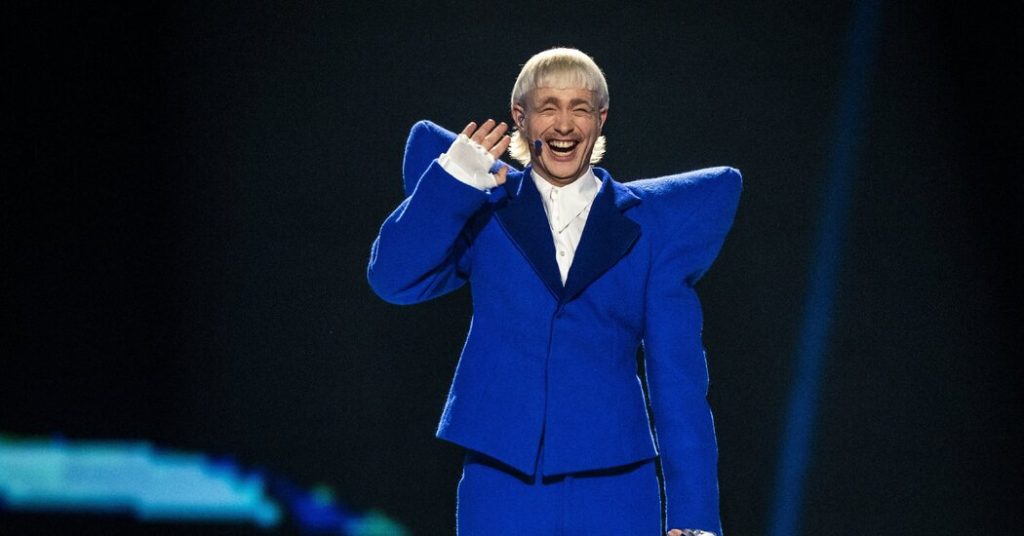The 2020 Eurovision Song Contest final in Malmo, Sweden was thrown into crisis when the Netherlands’ entry, Joost Klein, was banned from performing his song “Europapa.” Klein, known for mixing pop with hyperfast beats, failed to appear for a scheduled rehearsal the day before the final, prompting an investigation by the European Broadcasting Union into an incident involving him. Swedish police also looked into the matter, suspecting Klein of making unlawful threats toward a Eurovision employee. This led to a decision by Eurovision organizers to disqualify him from competing in the final while legal proceedings were ongoing, sparking outrage among fans who supported Klein as a potential winner.
The Dutch public broadcaster, AVROTROS, which had selected Klein to represent the Netherlands at Eurovision, objected to his disqualification, calling the decision “very heavy and disproportionate.” According to a spokesperson for the broadcaster, Klein had made a threatening movement toward a camera operator who continued to film him after his semifinal performance despite his objections. They believed that Klein’s Eurovision journey should not have come to such an abrupt end, indicating that they disagreed with the organizers’ decision to ban him from the final. This controversy surrounding Klein’s disqualification created a buzz on social media, with many Eurovision fans expressing disappointment and disagreement with the outcome.
The incident involving Klein before the Eurovision final added a layer of drama to the already highly anticipated event, where contestants from different countries compete for the top spot with their performances. Despite being a favorite to win with his song “Europapa,” Klein’s disqualification brought his Eurovision journey to a sudden and unexpected halt, leaving fans shocked and upset. The investigation by the European Broadcasting Union and Swedish police further heightened the tension surrounding the situation, with details emerging about the alleged threats made by Klein towards a Eurovision employee leading to his ban from the final.
The swift decision by Eurovision organizers to disqualify Klein from the final due to the ongoing legal process reflected their commitment to ensuring the safety and well-being of all participants and staff involved in the competition. While fans and supporters of Klein expressed disappointment and frustration over the outcome, the organizers stood by their decision to enforce the rules and prioritize the security of everyone involved in the event. The controversy surrounding Klein’s disqualification highlighted the complexities and challenges that can arise in organizing a high-profile competition like Eurovision, where unexpected incidents can impact the course of the competition and the fate of the contestants.
The aftermath of Joost Klein’s disqualification from the Eurovision final raised questions about the handling of the situation by the organizers and the impact it had on the Dutch entry and fans who had been rooting for him. The abrupt end to Klein’s Eurovision journey and the circumstances surrounding his ban sparked debates and discussions among followers of the competition, with opinions divided on whether the decision to disqualify him was justified. Despite the disappointment and controversy surrounding Klein’s disqualification, the Eurovision Song Contest continued with the remaining contestants competing for the coveted title, showcasing the diversity of musical talent from across Europe and beyond. As the event unfolded, the focus shifted from the controversy to the performances on stage, with artists vying for the chance to make their mark in Eurovision history and entertain audiences around the world.


